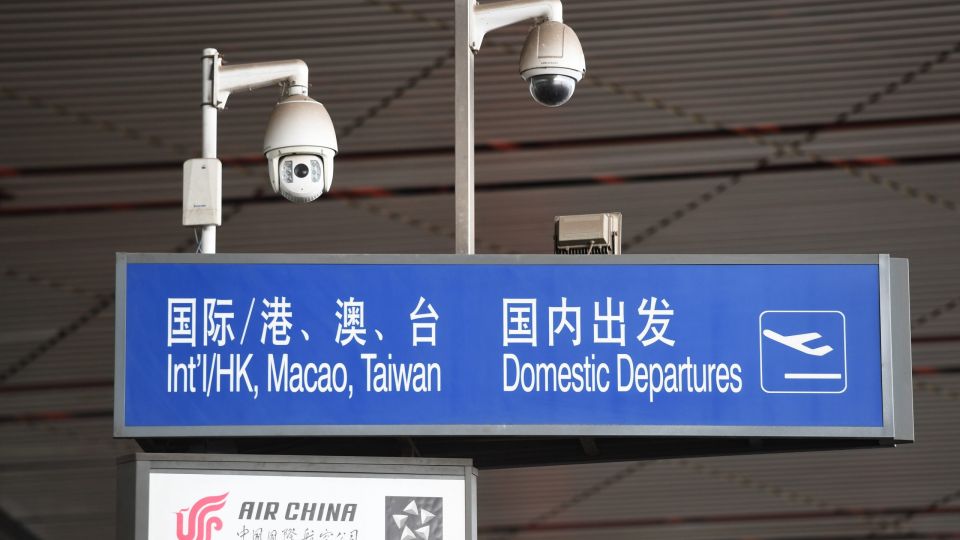August 21, 2018
Increased pressure from Beijing has countries and businesses slowly disassociating themselves from Taiwan.
In 1971, the United Nations recognized the communist government in Beijing as the ruling party of China. It is remarkable because, since 1949, the UN had chosen to recognize the exiled nationalist government in Taiwan as the de-facto ruler of all of China.
It is a slight that Beijing has not forgotten or forgiven and an issue that they have spent the last five decades rectifying. Beijing continues to assert that Taiwan is a renegade province of China and that any declaration of independence would be met with diplomatic force and potential military action.
The election of Tsai Ing-wen in Taiwan, and her stance that Taiwan was already nominally independent, has irked Beijing.
Beijing has over the past three years exerted greater pressures on businesses and countries around the world to cool relations with the government in Taipei.
According to an editorial in the state-run China Daily:
Thanks to Taiwan leader Tsai Ing-wen’s refusal to recognize the 1992 Consensus, cross-Straits relations have deteriorated over the past two years. And due to the ruling Democratic Progressive Party’s consistently “pro-independence” stance and Tsai’s flexible approach to “de-Sinicization”, such as downgrading of Chinese history in textbooks of senior high school, the mainland has lost trust in the island’s leadership.
Another editorial in the same paper states:
The mainland stands firm in its cross-Straits policy to curb “Taiwan independence” moves, although it has issued 31 preferential policies for the benefit of Taiwan compatriots and to attract them to the mainland to seek better opportunities. Also, the supply of freshwater from Fujian to Kinmen island shows the mainland is only against the “pro-independence” moves of the Taiwan authorities, not Taiwan compatriots as a whole.
Economic Moves:
Earlier this year, China demanded that airlines no longer refer to Taiwan as a non-Chinese territory or face economic repercussions. With a billion strong customer base, the threats were not seen as empty. July 25 was set as a deadline and US airlines such as American Airlines, Delta and United were targeted. The US-based airlines eventually accommodated Beijing’s request joining the likes of Australia’s Qantas, Air Canada and Air India.
The airlines debacle was the latest in a series of moves by the government in Beijing to force business to acquiesce to its foreign policy objectives. The Marriot hotel group had to apologize to Beijing earlier this year when it referred to Taiwan and Tibet as separate entities – a move which saw Beijing ban Marriot websites from the country for a week.
Political Pressure
But if the economic pressure is significant, it pales in comparison to the diplomatic pressure that Beijing is placing on countries around the world to stop recognizing Taiwan.
In 2018 alone, the Dominican Republic and Burkina Faso severed diplomatic ties with Taiwan at Beijing’s insistence. As it stands, only a handful of countries in Central America, the Vatican and a few island nations in the Pacific recognize the Republic of China’s government in Taipei.
Many have acquiesced to Beijing’s demand with an eye to Chinese funds and expertise. China’s Belt and Road Initiative has promised massive infrastructure development in some of the world’s most in-need areas. Chinese capitals, Chinese goods and the promise of a Chinse consumer base seem to be enough for most countries to go along with Beijing’s foreign policy.
Taiwanese Response
President Tsai has faced increasing pressure from within Taiwan to respond to Chinese aggression. Taichung Mayor Lin Chia-lung said last month that the world’s attention must be drawn to China “ubiquitous suppression” of Taiwan, as evidenced by the revocation of his city’s rights to host a regional sports event.
“If we don’t speak up, our voices won’t be heard in the international community,” Lin said. “Even if the decision cannot be changed, we need to get more people to understand the truth.”
Lin made the appeal at an international press conference in Taipei after lodging a formal complaint earlier in the day with the East Asian Olympic Committee (EAOC) over its recent decision to cancel the East Asian Youth Games in Taichung.
In response to the voices within Taiwan, Tsai has embarked on a goodwill tour of the Central American countries that have stood by Taiwan. On Friday, Tsai thanked the government of Belize for “speaking for the rights of Taiwan as a member of the international community.”


